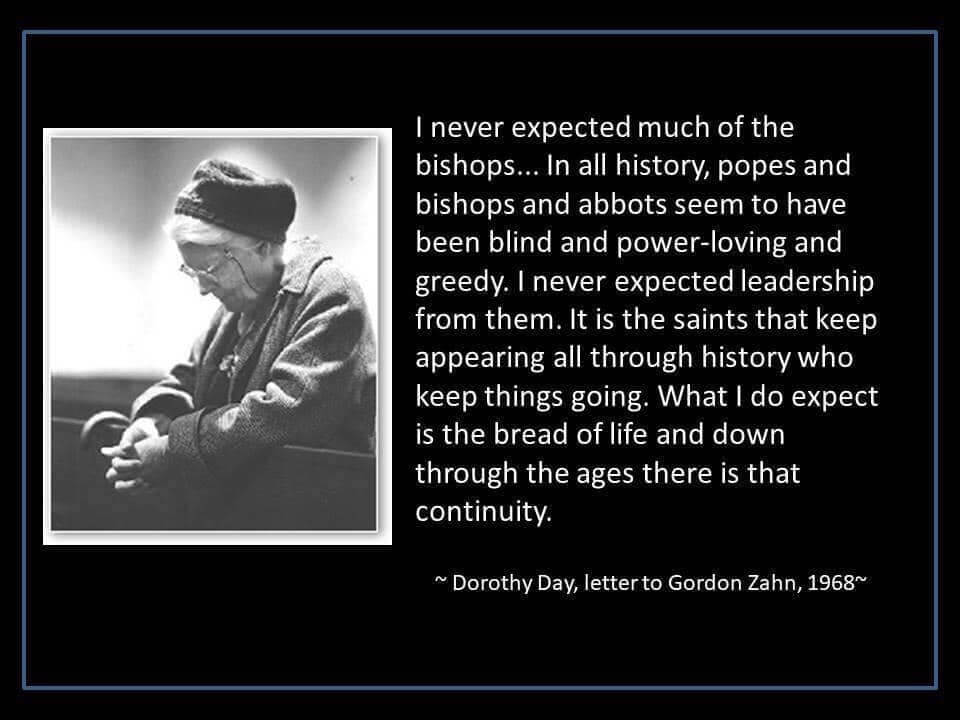A Sinful Church and the Healing Grace of God (Part 2)
Jim Morin, Talca, Chile
Volume 35 Issue 10, 11 & 12 | Posted: December 23, 2021

Over the centuries, the praxis of the Church began to be understood as being founded upon four dimensions of Jesus’ ministry. Service: through which he was seen as a caring and healing pastor. Proclamation: through which he was understood as a prophet of God’s presence and judgement. Celebratory: in which he was presented as a priest who offers self-sacrifice. Governance: in which he was identified as a king who unites, rules and defends.
Now the pastoral, sacramental, prophetic and leadership models of the Church evolved during times when monarchical social structures prevailed. Another question I seek a response to is: how can we exercise and develop these functions during an historical period and contexts where participatory democracy prevails?
I find it helpful to go back to tribal times before Israel became a nation headed by kings in a regal court with a temple served by a priestly elite. Abraham, the father of faith to Jews, Christians and Muslims was a migrant pastor who responded to God’s call in interaction with the diverse cultures of Babylon, Canaan and Egypt.
As pastor he cared for his flock and people and as a tribal leader he governed and presided over celebrations and the offering of sacrifices. Moses assumed and developed the functions of pastor as he liberated his people, governed and legislated in covenant relation with God, mediated through the priestly custodians of the Torah.
Then under Saul, David and Solomon, these pastoral functions became institutionally centralized in the palace and temple under royal and priestly garb. When these functions fell into decadence, prophet voices emerged that: denounced as evil pastors, corrupt kings and priests; defended the poor, oppressed and marginalized; and foresaw how unfaithfulness would divide the nation and lead to the destruction of the temple.
Maybe, biblical history revealed to us that God can only be approached but not contained by religious laws and hierarchical structures, nor by national politics or philosophical categories. Maybe, many experiments in constructing Christendom have repeated the same errors of putting the priority on trying to contain and exploit divine power instead of being attentive to the inspiration of the Spirit and presence of grace in diverse communities of faith.
Chile is a recent example. Osvaldo Lira (1904-1996), a neo-scholastic priest and anti-democratic theologian in the Catholic University of Chile, who in his opposition to the Christian humanism of Jacques Maritain, inspired a fascist gremial movement among his students to oppose university reform. One of his students, Jaime Guzman (1946-1991), a pious lawyer who taught law in the same university, became an intimate advisor of the military dictatorship.
Inspired by a medieval view of natural law, in the design of the 1980 constitution, he applied the notion of subsidiary to subordinate political institutions to the economic neo-liberal policies of the Chicago boys. Then disciples of Lira and Guzman formed one of the most powerful right-wing parties in Chile.
Many of its members are leaders of the economic elite in Chile and faithful adherents of Opus Dei. That for me resembles a modern Chilean version of Christendom, similar to the materialistic vision of God’s kingdom held by the elite Sadducees class of biblical times.
For four decades throughout the 1950s until the mid 1990s a prophetic Church inspired, protected and accompanied the Chilean people. When neo-liberal policies brought apparent prosperity to the country, Church leadership became complacent and mired in occulting cases of priests involved in sexual abuse. Over the last twenty years an indolent Church complicit in abuse, lost its credibility among the poor, the middle class and educated critical public.
I believe that serving, proclaiming, celebrating and leading are anthropological functions common to all cultures and become associated with the sacred in diverse religions, when these functions are mediated in relation to forms of transcendent experience or being. In many aboriginal cultures these functions could be exercised by both men and women and be rotated according to circumstances and the recognition of charisms.
I would like to be part of a church in which the functions of celebrating, proclaiming, serving and leading are rotated in organic communities that respond to the diverse needs and issues of their contexts.
I would like to see faith communities with a council of women and men, of different age groups, who have the authority to discern, educate and support the diverse forms of charisms that emerge.
I believe that in these conditions and under the inspiration of the Gospel with a critical appreciation of our tradition, in dialogue with other traditions, we could become more confident in admitting our sins and more adept at discerning and being open to the constant presence of grace and the healing power of human love inspired by divine self-giving.
Jim Morin teaches pastoral practice in Chile.
Jim Morin, Talca, Chile
